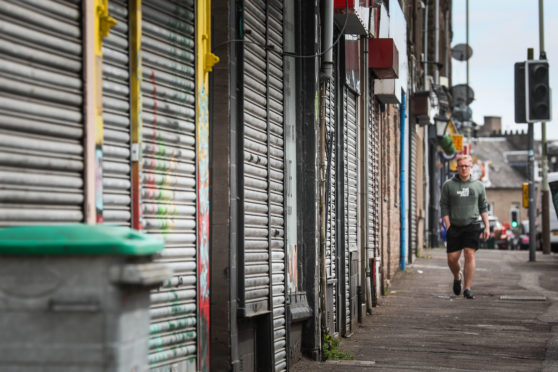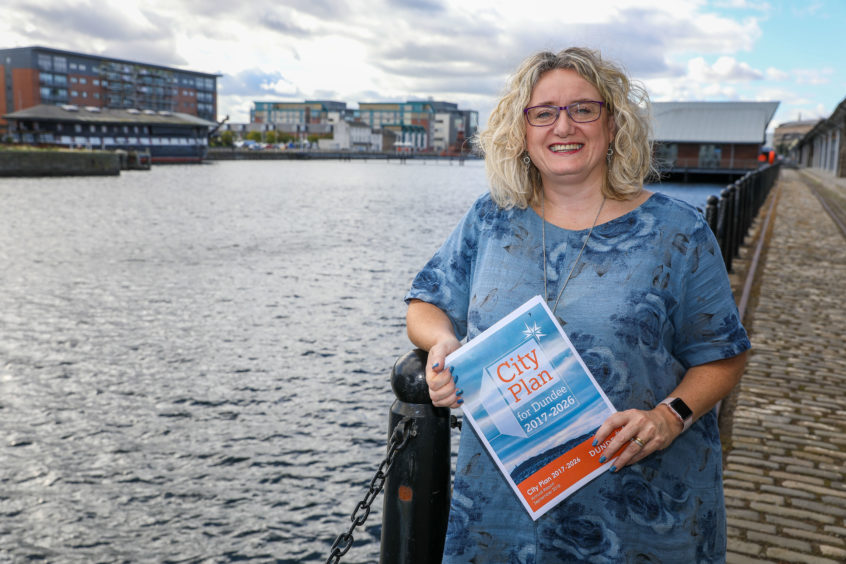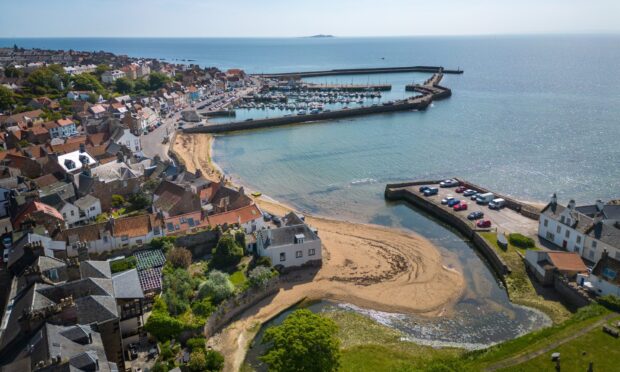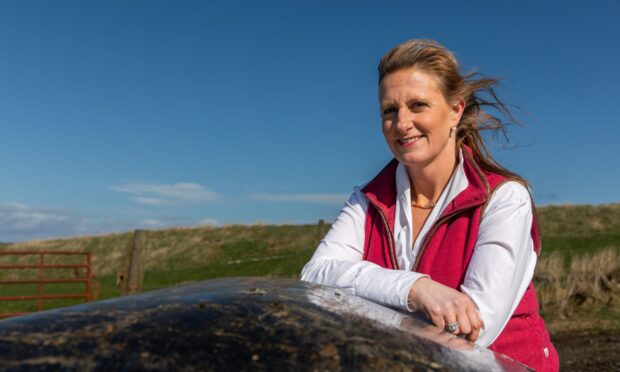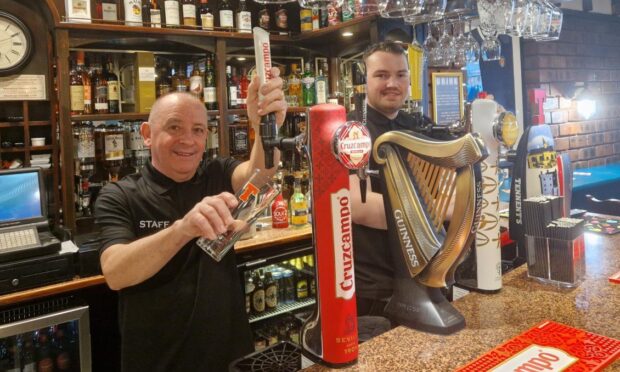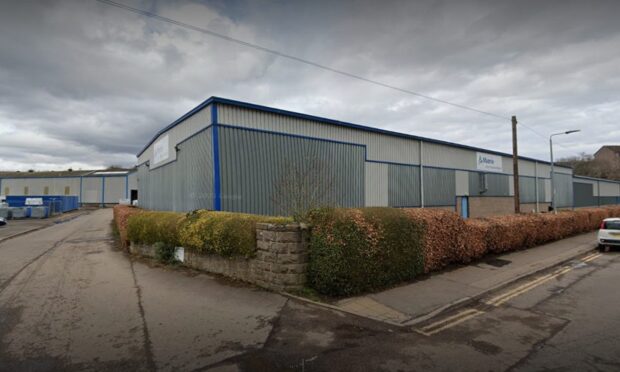A major economic survey of businesses across Angus and Tayside has laid bare the severe economic impact of the Covid-19 pandemic on the local economy.
Conducted by the Dundee and Angus Chamber of Commerce (DACC), the survey found business activity had contracted across all eight key areas.
Of the 3,600 responses, just 10% of local firms said revenue had increased during the crisis, while 66% said revenue had fallen. Online sales, orders, profits cashflow investment, wages and employment have also been hit.
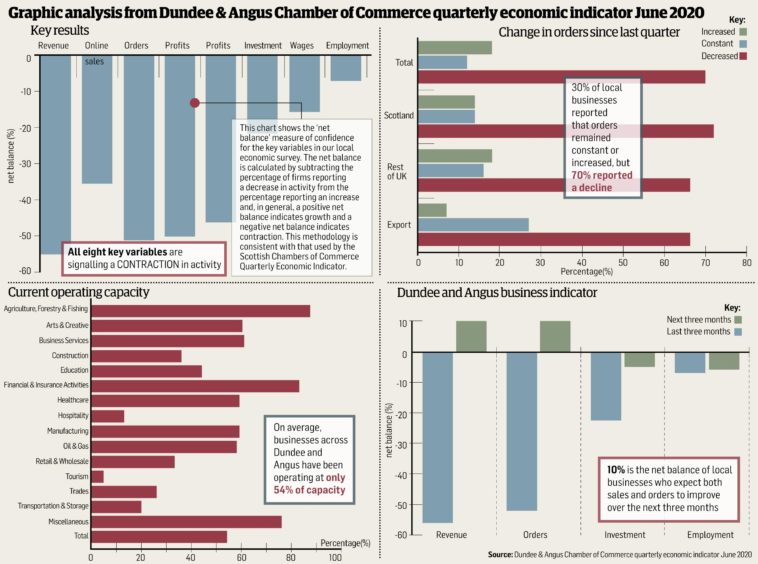
On average, businesses across the Dundee and Angus area have been operating at just 54% of capacity, with tourism, hospitality and transport seeing the biggest declines.
Those in agriculture and financial services appear to be weathering the storm better.
While 30% of local businesses reported that orders had remained constant or had increased, 70% had seen a decline.
Economy expert, Dr Shona Dobbie of Angus Economics, said firms with a high level of overheads will have found the last few months particularly tough.
“We have seen strong evidence of the severe impact of the lockdown on revenue and orders – and the associated challenge to profits and cash flow,” she said.
However, Ms Dobbie was keen to hihglight the positive results from the survey.
“Some local firms have managed to find opportunities to sell additional products, or to reach a wider audience through on-line sales and delivery services,” she said.
As the lockdown measures begin to ease, the survey found firms across the Dundee and Angus region were relatively positive about the future.
Of the local businesses trading in Scotland, 43% expect sales revenues to increase over the next three months, although tourism, hospitality, construction and the trades demonstrated a high degree of pessimism and uncertainty.
DACC chief executive, Alison Henderson said the substantial number of responses to the survey coincided“with a significant need for business support.”
She said: “The furlough scheme has minimised job losses, however fiscal policies must continue to act swiftly to minimise economic shocks and we call on the UK chancellor Rishi Sumak to reduce costs on business and to deliver further economic stimulus.”
The survey results have also renewed calls to move the Tay Cities Deal forward to boost the local economy.
“Our Tay Cities Deal is languishing in a queue of much needed investment announcements,” said Ms Henderson.
“Every hour of delay brings crippling uncertainty and problems for all the project owners – we must see swift movement on this government commitment to our region.”
